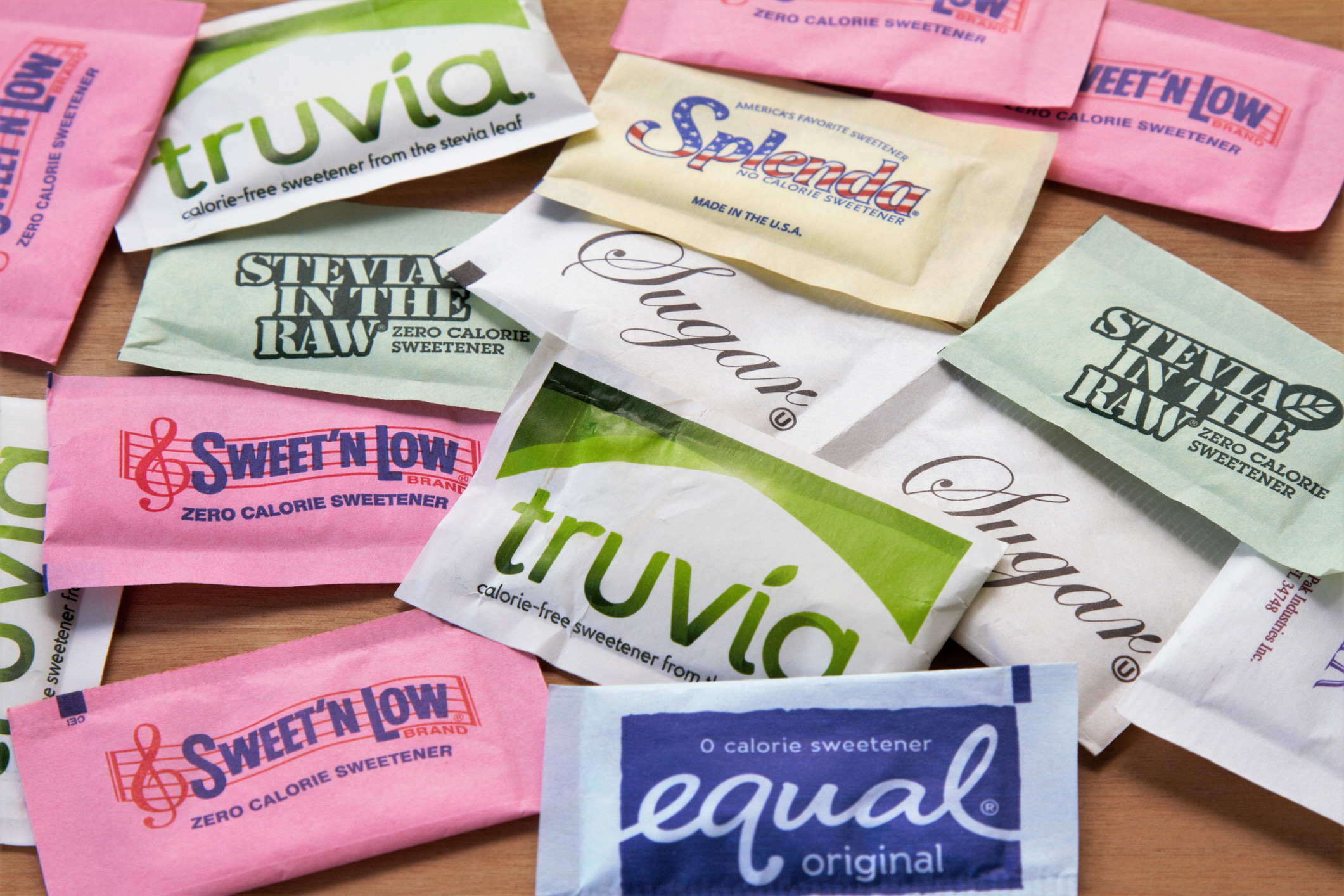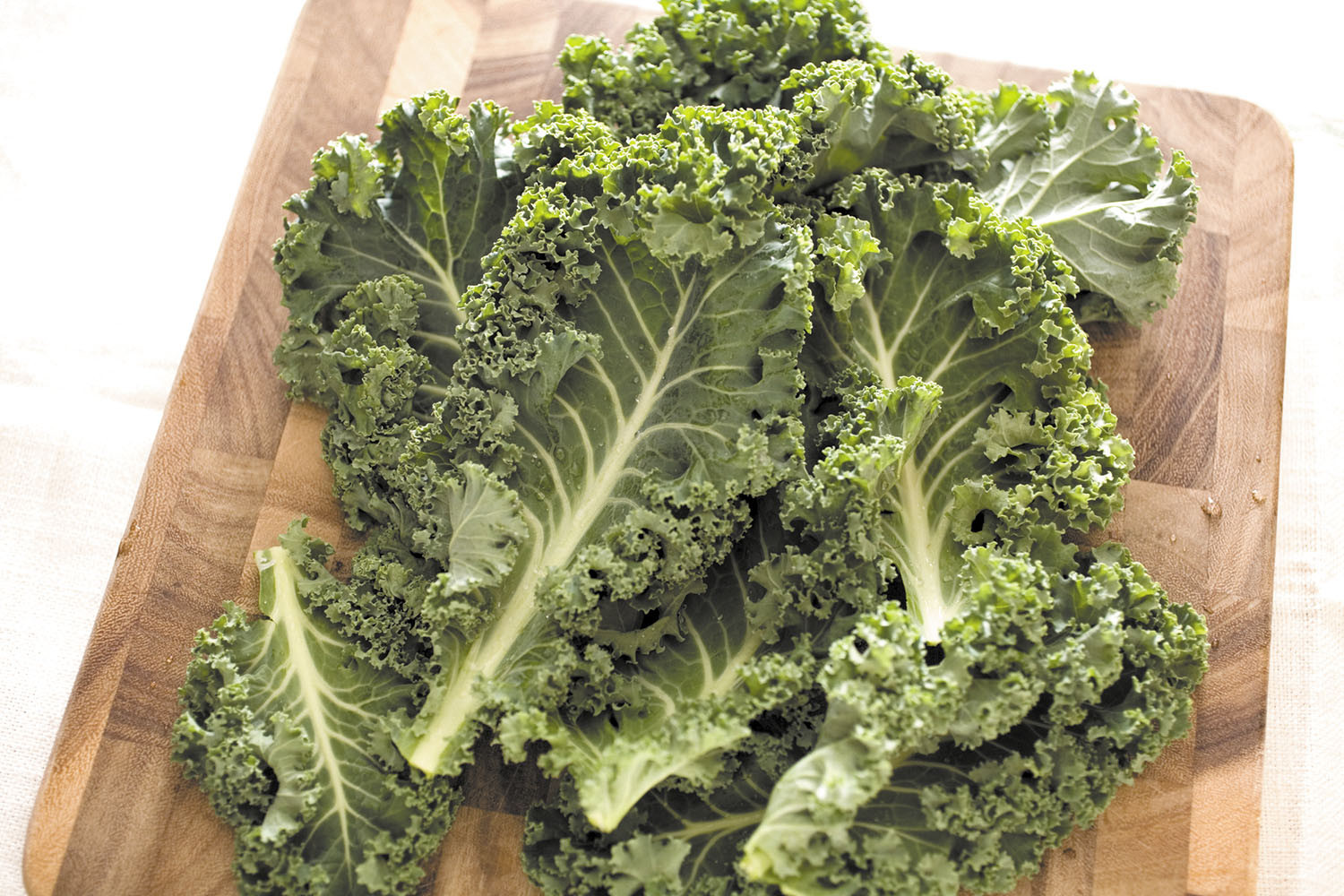
Counting steps is good — is combining steps and heart rate better?

Appendix pain: Could it be appendicitis?

Can saw palmetto treat an enlarged prostate?

How does Ozempic work? Understanding GLP-1s for diabetes, weight loss, and beyond

Zinc: What it does for the body, and the best food sources

Respiratory health harms often follow flooding: Taking these steps can help

Tips to leverage neuroplasticity to maintain cognitive fitness as you age

Can white noise really help you sleep better?

Celiac disease: Exploring four myths

What is prostatitis and how is it treated?
Nutrition Archive
Articles
Less heart-damaging inflammation with a vegan diet?
Research we're watching
Image: © Anna_Shepulova/Getty Images
A vegan diet may help lower heart-damaging inflammation more than the diet recommended by the American Heart Association (AHA), a new study finds.
The study included 100 people with heart disease, which was defined as having at least one narrowed heart artery. Half were randomly selected to follow a vegan diet, which excludes meat, poultry, dairy, eggs, seafood, and fish. The others followed the AHA diet, which encourages lean poultry, fish, and low-fat dairy products, along with plant-based foods. All of the participants received weekly groceries, a cookbook, and sample menus. They also provided 24-hour diet recall records twice a week on random days.
Eating more fruits and vegetables may help men with memory loss
In the journals
Need another reminder to eat your fruits and vegetables? Doing so might lower your risk of memory loss, according to a study published online Nov. 21, 2018, by Neurology. The study looked at almost 28,000 men, average age 51, who filled out questionnaires every four years for 20 years about how many servings of fruits, vegetables, and other foods they ate each day. The participants also took tests of their thinking and memory skills at least four years before the end of the study, when the average age was 73.
The researchers found that men who consumed the most daily servings of vegetables and fruit (six or more servings) were less likely to develop poor thinking skills than the men who consumed the fewest (about two daily servings or less). A serving of fruit was defined as a cup of whole fruit or half a cup of fruit juice. A serving of vegetables was a cup of raw vegetables or two cups of leafy greens.
Mediterranean diet works by adding up small improvements
Over time, eating a diet high in vegetables, fruits, whole grains, and olive oil can reduce heart and blood vessel disease risks.
Image: © inaquim/Getty Images
Eating a Mediterranean-type diet won't suddenly and dramatically improve your cholesterol, magically slash your blood pressure, or help you drop 20 pounds overnight.
But if you stick with it over time, it can potentially cut your risk of heart and blood vessel diseases by as much as 25%, according to a study published online Dec. 7, 2018, by JAMA Network Open. This overall improvement may be due to the cumulative effect of numerous small positive changes that occur in the body as a result of the diet — most notably, a drop in chronic inflammation, a known risk factor for heart disease.
Ask the doctor: Microwave's impact on food
There's less time for nutrients to break down when food is cooked quickly. |
Q. Does using a microwave to cook ruin the nutrients in food?
Fill up on phytochemicals
Eating a varied diet of colorful plant foods may have benefits that go beyond the power of vitamins and minerals.
Image: © sf_foodphoto/Getty Images
Whenever you bite into a juicy red apple or crunch a mouthful of dark, leafy greens, you consume more than just vitamins, minerals, and fiber. You also get a power-packed bite of plant substances called phytochemicals. They're not known to be essential for health, like vitamins and minerals, but they may go a long way toward keeping us healthy.
"We're still just learning about them. The science is ongoing. But they may help fight cancer and heart disease," says Debbie Krivitsky, director of clinical nutrition at the Cardiovascular Disease Prevention Center at Harvard-affiliated Massachusetts General Hospital.

Counting steps is good — is combining steps and heart rate better?

Appendix pain: Could it be appendicitis?

Can saw palmetto treat an enlarged prostate?

How does Ozempic work? Understanding GLP-1s for diabetes, weight loss, and beyond

Zinc: What it does for the body, and the best food sources

Respiratory health harms often follow flooding: Taking these steps can help

Tips to leverage neuroplasticity to maintain cognitive fitness as you age

Can white noise really help you sleep better?

Celiac disease: Exploring four myths

What is prostatitis and how is it treated?
Free Healthbeat Signup
Get the latest in health news delivered to your inbox!
Sign Up











